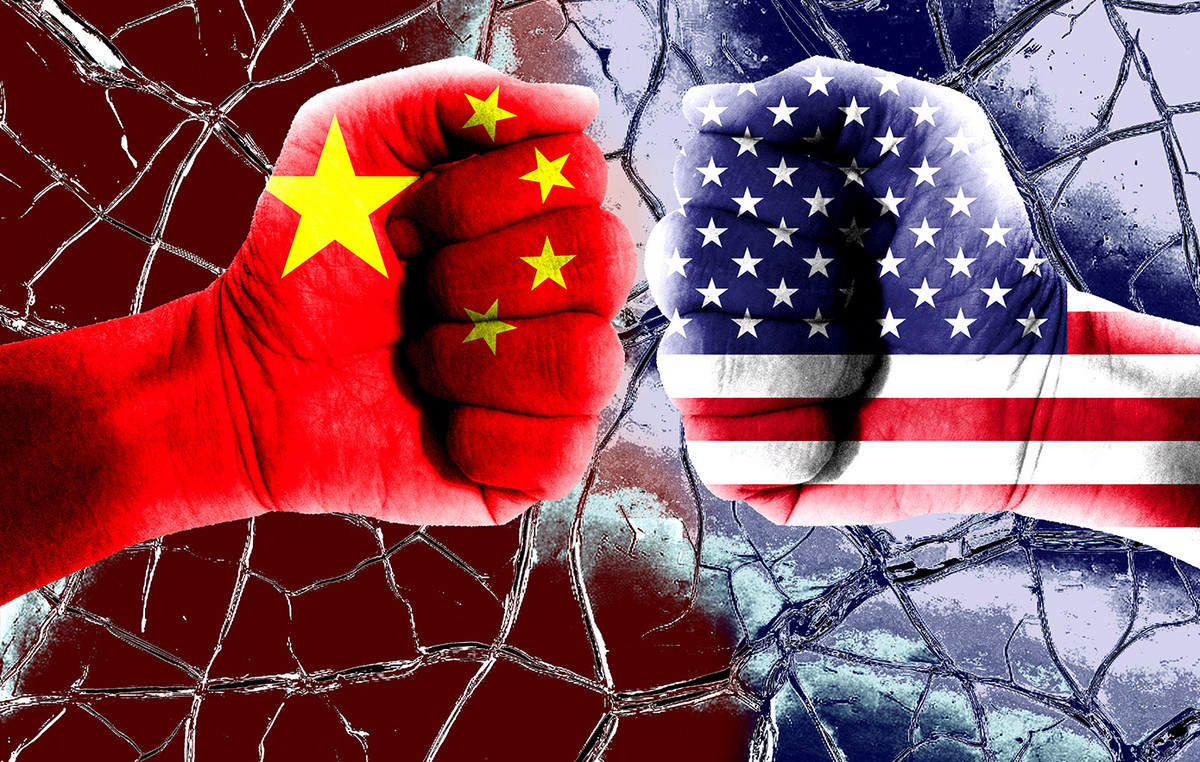The World Health Organization (WHO) has updated recommendations for HPV vaccine (human papillomavirus). In a new document, WHO states that a single-dose scheme can offer efficacy and durability of protection comparable to a two-dose scheme.
The recommendation for alternative single-dose scheduling was initially made by WHO’s independent expert advisory group, called SAGE, in April.
WHO says the guidance is timely in the context of a significant decline in HPV vaccine coverage worldwide. Between 2019 and 2021, coverage of the first dose of HPV vaccination dropped from 25% to 15%. That means 3.5 million more girls missed out on their HPV vaccination in 2021 compared to 2019.
According to the WHO, the alternative of a single dose application against HPV could expand access to the vaccine, offering countries the opportunity to expand the number of girls who can be vaccinated and reducing the effort required for the often complicated and expensive follow-up. to complete the vaccination series.
“It is vital that countries strengthen their HPV vaccination programs, accelerate implementation and reverse declines in coverage,” the WHO said in a statement.
WHO now recommends:
- A one- or two-dose schedule for girls ages 9 to 14
- A one- or two-dose regimen for girls and women ages 15 to 20
- Two doses 6 months apart for women over 21 years
The document highlights the importance of vaccinating immunocompromised people or people living with HIV as a priority. Immunocompromised individuals should receive a minimum of two doses and, where possible, three doses.
The primary target for vaccination is girls aged 9 to 14 years, before the onset of sexual activity. Vaccination of secondary targets, such as boys and older women, is recommended when feasible and affordable.
Cervical cancer is the fourth most common cancer in women, and more than 95% of cases are caused by sexually transmitted HPV. Preventing the development of cancer by increasing access to effective vaccines is a highly significant step towards alleviating unnecessary illness and death, according to the WHO.
Who can receive the vaccine in Brazil
The vaccine that protects against human papillomavirus (HPV) was gradually incorporated into the Unified Health System (SUS) starting in 2014.
Vaccination is available to anyone aged 9 to 14, regardless of gender. Vaccination against HPV in adolescents is used by more than 100 countries.
In July, the immunization offer was expanded to the immunosuppressed male population. Men up to 45 years of age with transplants, cancer patients or those living with HIV/AIDS can be vaccinated. According to the ministry, the traditional three-dose scheme is adopted, regardless of age.
Source: CNN Brasil
I am an experienced journalist and writer with a career in the news industry. My focus is on covering Top News stories for World Stock Market, where I provide comprehensive analysis and commentary on markets around the world. I have expertise in writing both long-form articles and shorter pieces that deliver timely, relevant updates to readers.







